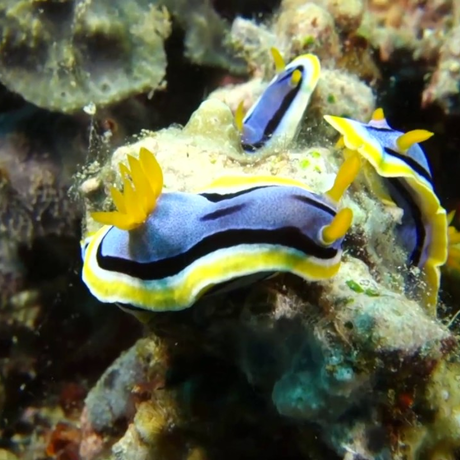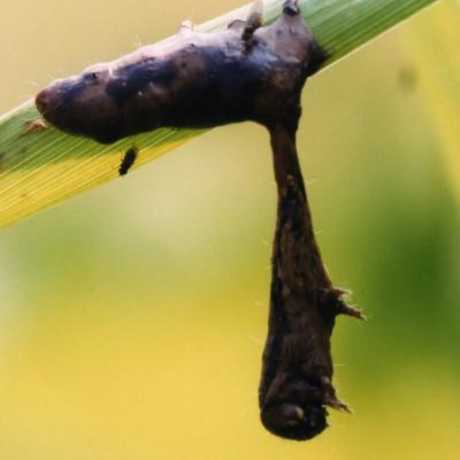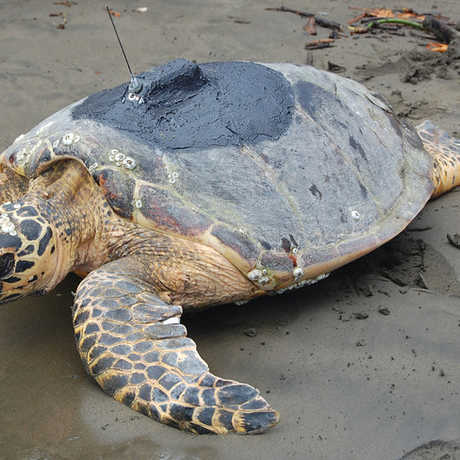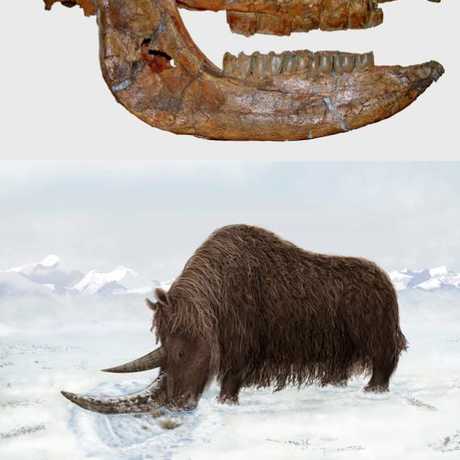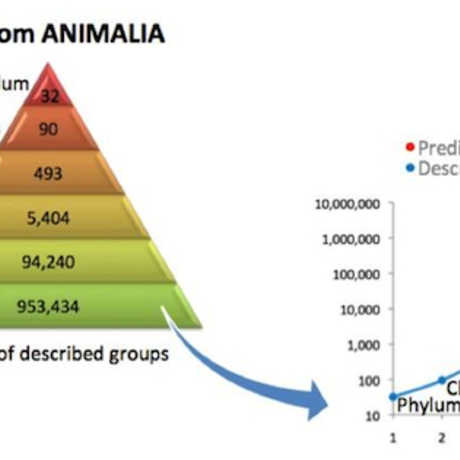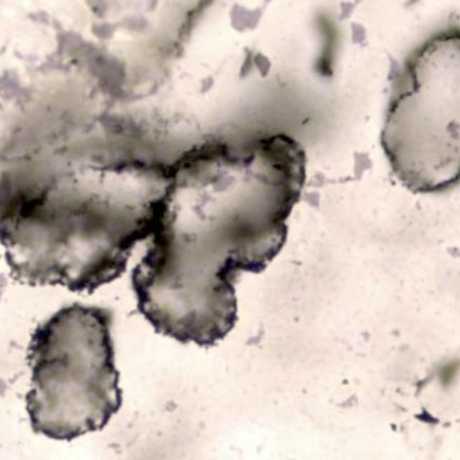We're open daily! View holiday hours
Featured Articles
Today's post is Science Today's last. Thanks for joining us these past eight years!
Ecologically- and economically-rich coral reefs occur in very specific places on our planet.
New species finds include a succulent plant, worms and crustaceans near a hydrothermal vent and desert bees.
How can we effectively communicate the urgency around plastic pollution in the ocean to effect change?
A virus alters the gypsy moth caterpillar's behavior to climb high and melt, spreading the virus through caterpillar "raindrops."
New research suggests that giants like the woolly rhino originated in cold places like the Himalayan foothills thousands of years before the Ice Age.
Unlike your smart phone, the stone tools of early humans took a long, long time to upgrade.
How can you ensure the seafood you're eating is sustainable? Ask a lot of questions.
Scientists have now estimated the number of species on Earth. Hint: It's somewhere between the numbers of 3 and 100 million...
Scientists have discovered how a certain species of butterflies behave like “the transformers of the insect world.”
Researchers have discovered fossils of 3.4 billion-year-old bacteria-- perhaps one of the earliest signs of life on Earth.

